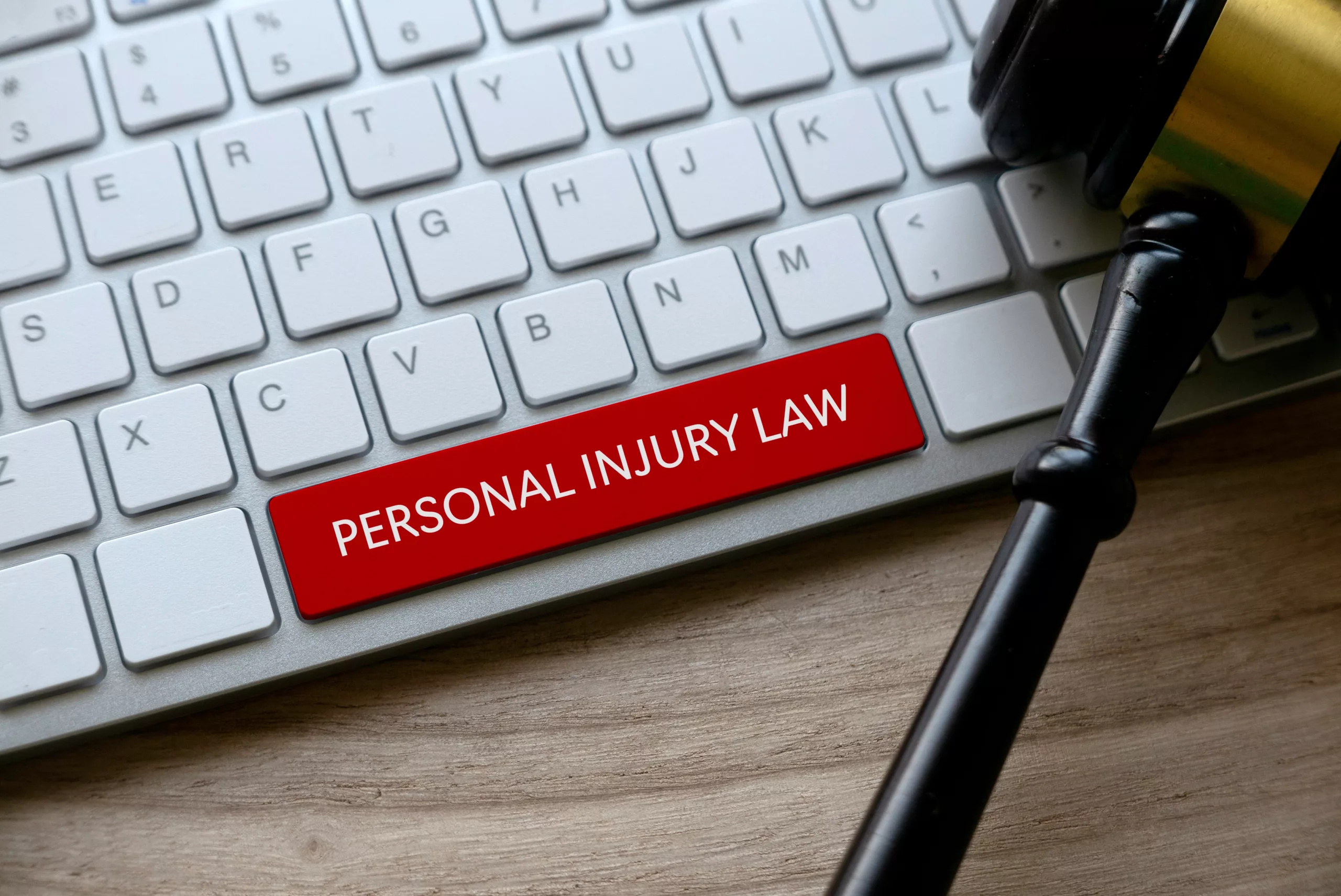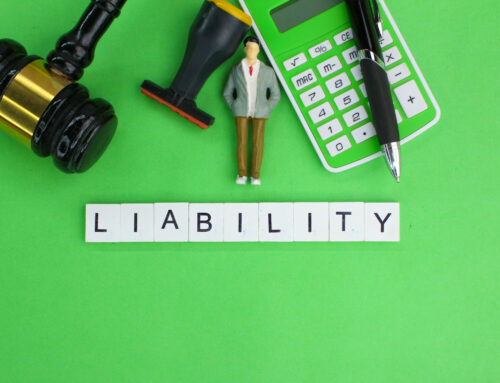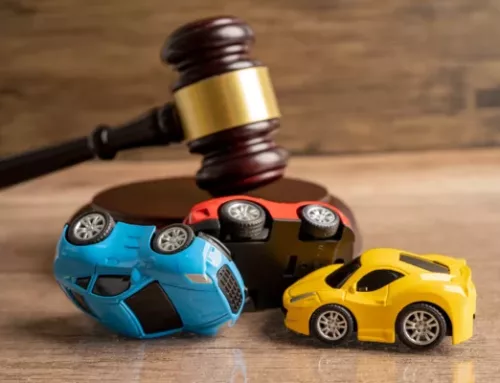Don’t Let Injury Trauma Take Over Your Life. Stand Back Up on Your Feet.
When life takes an unexpected turn and a personal injury shatter our sense of security, the emotional toll can be overwhelming. It’s in these moments of vulnerability that we need compassionate guidance to help us navigate the complex path toward healing. Before the healing can take place, one must first learn how to cope with emotional trauma after a personal injury.
Emotional trauma after a personal injury refers to the psychological and emotional distress experienced by individuals following a traumatic event or accident that causes physical harm. The trauma may stem from the initial incident itself, the pain and suffering, the disruption to one’s daily life and activities, or the long-term consequences of the injury. It can affect a person’s mental well-being, relationships, and overall quality of life, requiring specialized attention and support to facilitate healing and recovery.
Coping with the emotional trauma that follows a personal injury requires strength and support, and that’s where a personal injury lawyer from Ghaphery Law Offices, PLLC can make a difference. We understand that beyond the physical pain, there lies a deeper struggle—the profound emotional scars that can linger long after the physical wounds have healed. Contact Ghaphery Law Offices, PLLC for a free consultation right now.
What is Emotional Distress in a Personal Injury Case?
Emotional distress, in the context of a personal injury case, refers to the psychological and emotional harm suffered by an individual as a result of the negligent or intentional actions of another party. It encompasses a wide range of emotional and mental health issues, such as anxiety, depression, post-traumatic stress disorder (PTSD), fear, insomnia, and loss of enjoyment of life. Emotional distress can be caused by various types of personal injuries, including but not limited to accidents, medical malpractice, workplace incidents, or intentional harm.
In a personal injury case, emotional distress is considered a form of non-economic damages, meaning it does not have a direct monetary value like medical expenses or property damage. However, it is still an important component of the overall compensation sought by the injured party. To establish a claim for emotional distress, it is generally necessary to provide evidence that the distress was a direct result of the defendant’s wrongful actions and that it has had a significant impact on the individual’s daily life, relationships, and well-being.
How is Emotional Distress Documented in a Personal Injury Case?
When your injuries have reached a point where you decide to initiate a personal injury legal action, it’s probable that you’re undergoing medical care. Apart from your physical injuries, it’s important to inform your doctor about any psychological indications you’ve encountered since the incident. Having your emotional distress documented by medical professionals holds significant weight in building your case.
Additionally, it’s advisable to maintain a daily journal or diary where you chronicle your emotional state following the accident and how your injuries have impacted various aspects of your life, no matter how significant or trivial they may seem. It is advisable to reach out to our personal injury lawyer from Wheeling, WV to help with the intricacies of your case and help you obtain compensation.
What are Emotional Damage Caps?
Damage caps are legal restrictions placed on the amount of monetary damages that can be awarded to a plaintiff in certain types of cases, including personal injury claims. These caps vary by jurisdiction and can be imposed either by statute or through court decisions.
The purpose of damage caps is often to promote fairness, prevent excessive jury verdicts, and ensure that the legal system remains balanced. However, they can also be a source of debate, as critics argue that they may restrict access to full and fair compensation for individuals who have suffered severe emotional distress.
It’s important to consult with our legal professional who focuses on personal injury law to understand the specific rules and regulations applicable to your case. We can provide guidance on how these caps may impact your potential compensation for emotional distress.
How To Cope With Emotional Trauma After A Personal Injury
Coping with trauma is never easy, but it is needed and it is important to keep in mind that your coping mechanisms are healthy. Understand how to cope with emotional trauma after a personal injury with the following steps:
- Acknowledge and Validate Your Emotions: Recognize that it is normal to experience a range of emotions such as fear, anger, sadness, or anxiety following a personal injury. Allow yourself to feel these emotions without judgment and understand that they are valid responses to what you’ve been through.
- Seek Professional Support: Consider reaching out to a mental health professional experienced in trauma therapy. They can provide guidance, support, and specialized techniques to help you process and cope with emotional trauma effectively.
- Build a Support System: Surround yourself with a network of supportive friends, family, or support groups who can listen to you, offer encouragement, and provide a safe space for you to express your feelings. Sharing your experiences with others who have gone through similar challenges can be particularly helpful.
- Practice Self-Care: Prioritize self-care activities that promote relaxation, reduce stress, and improve your overall well-being. This may include exercise, getting sufficient rest, practicing mindfulness or meditation, engaging in hobbies, and maintaining a healthy diet.
- Express Yourself Creatively: Explore creative outlets such as writing, drawing, painting, or playing music to express your emotions. Artistic expression can serve as a cathartic release and a means of processing and understanding your feelings.
- Establish a Routine: Creating a structured daily routine can provide a sense of stability and control during a time of emotional upheaval. Set small achievable goals for yourself and celebrate even the smallest victories along the way.
- Practice Relaxation Techniques: Incorporate relaxation techniques into your daily routine, such as deep breathing exercises, progressive muscle relaxation, or guided imagery. These techniques can help reduce anxiety and promote a sense of calm.
- Challenge Negative Thoughts: Pay attention to negative thought patterns and challenge them with rational and positive counterarguments. Cognitive-behavioral techniques can assist in reframing negative thoughts and promoting a more positive outlook.
- Engage in Physical Activity: Engaging in regular physical activity can release endorphins, which are natural mood boosters. Choose activities that you enjoy and that are suitable for your physical abilities.
- Be Patient with Yourself: Healing from emotional trauma takes time, and everyone’s journey is unique. Be patient and kind to yourself throughout the process, allowing yourself to heal at your own pace.
Remember, coping with emotional trauma after a personal injury is a process that requires patience, self-compassion, and support. By implementing these coping strategies and seeking appropriate assistance, you can gradually work towards healing and reclaiming your emotional well-being.
Learn How To Cope With Emotional Trauma After a Personal Injury With Legal Help
Dealing with personal injury alone is tough, especially given the nature of the injuries. Apart from the physical manifestations of the accident, it isn’t often talked about how greatly and deeply the emotional scars run. From depression to PTSD, victims tend to experience a wide range of these feelings, which is why getting legal help is important.
Should this be your case, learn how to cope with emotional trauma after a personal injury with legal help from our Wheeling, WV personal injury lawyer at Ghaphery Law Offices, PLLC. We can help you obtain compensation and will stick with you every step of the way. Our law office can also help you with personal injury cases such as:
Don’t suffer in silence. Take the path to recovery by reaching out to our personal injury lawyer. Contact Ghaphery Law Offices, PLLC right now to schedule a free consultation.






